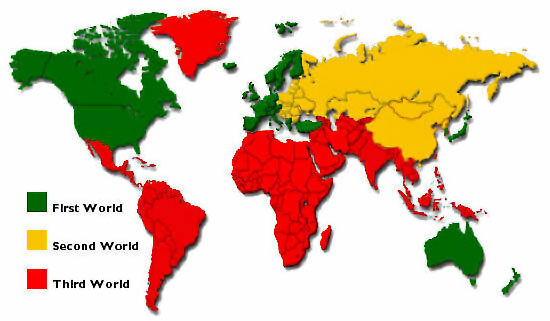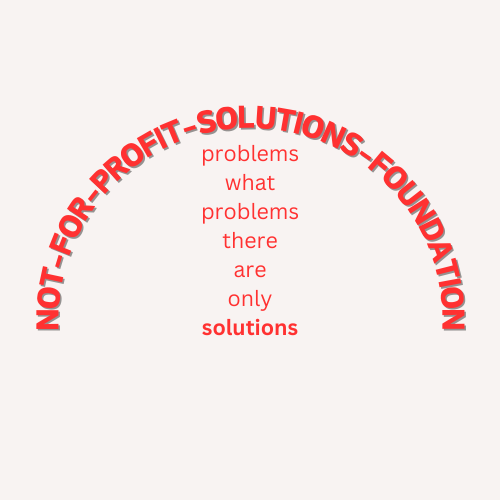
In an era where global connectivity and advances in technology have made the world a smaller place, it's disheartening to witness the persistence of poverty and underdevelopment in many third world countries. Despite the influx of trillions of GBP . USD and other donor countries in aid over the course of several decades, the question remains: why haven't these countries thrived? In this thought-provoking blog post, we delve into the paradoxical challenges faced by these nations, aiming to shed light on the underlying factors that hinder their progress.
One of the key reasons behind the lack of significant progress in third world countries is the complex web of socio-political issues that plague them. Corruption, political instability, and mismanagement of funds have often diverted resources away from their intended destinations. While aid may have been provided with good intentions, the lack of transparency and accountability has hindered its impact. It is crucial for both the donor countries and the recipients to work together towards creating a system of checks and balances, ensuring that aid reaches the grassroots level and is utilized efficiently.
Moreover, the challenges faced by third world countries are not solely economic in nature. Factors such as inadequate infrastructure, limited access to education and healthcare, and a lack of technological advancements further contribute to their struggles. To truly empower these nations, it is essential to focus on sustainable development goals that address these fundamental issues. This could involve investing in education and vocational training, improving healthcare facilities, and promoting entrepreneurship to stimulate local economies. By addressing these underlying challenges, we can pave the way for long-term growth and self-reliance.
While it is disheartening to witness the persistent struggles faced by third world countries despite decades of aid, it is important to remember that progress takes time. Overcoming deeply rooted challenges requires a comprehensive and holistic approach that goes beyond mere financial assistance. By addressing issues of corruption, investing in infrastructure and education, and fostering sustainable development, we can pave the way for a brighter future for these nations. Let us work together to break the cycle of poverty and create a world where every country has the opportunity to thrive. Join the conversation and share your thoughts on how we can collectively make a difference.
Tags:
